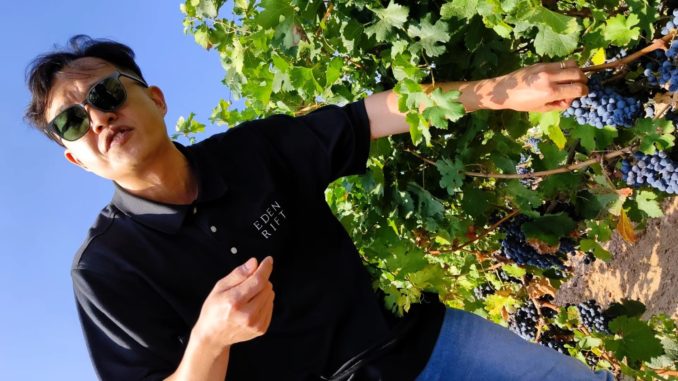
I spent part of the Chinese New Year holidays getting my websites organized, including all of the Year of the Rabbit Q&8s with trade people. From winemakers to critics to wine importers to marketing experts, they shared their on-the-ground insights. I’ve included one excerpt from each of those Q&8s below, with links to the full interviews. Let’s go!
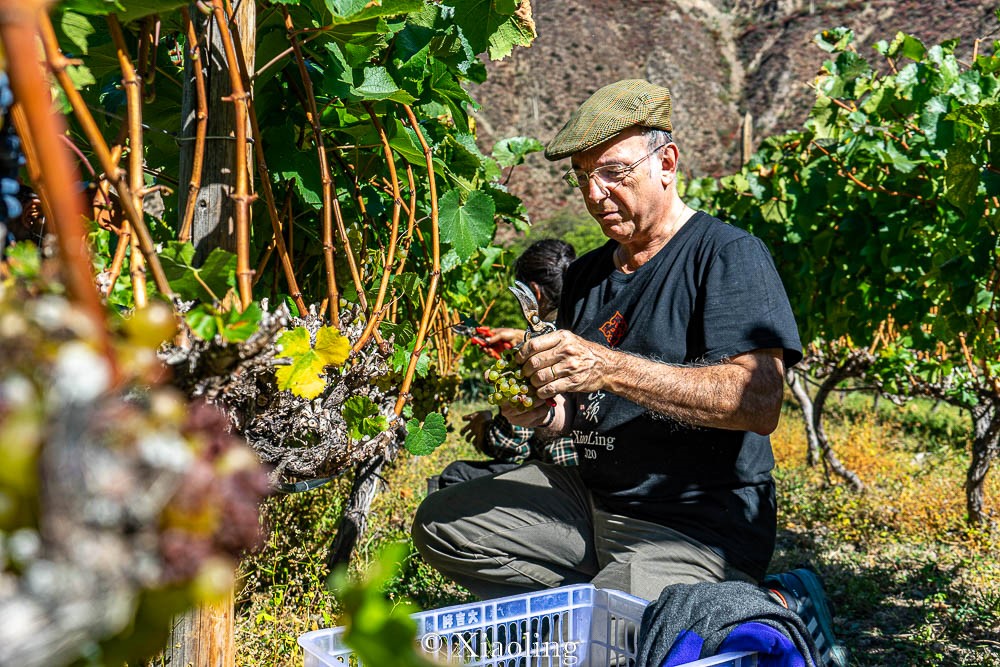
“In the 2000s, I read a book by the first French missionary who settled down [in Shangri-la] in 1867, but it was only in 2012 that I found the specific place. I loved it immediately. Starting to make wine there was not a scientific choice. It was a decision to support the local farmers who are proud of the French roots.”
– Bertrand Cristau, Xiaoling Estate (full Q&8)

“I want to explore the potential of China. I’m 36 and I have maybe another 15 years in which I can travel pretty freely to wherever I want. I still have this chance to build a region, to grow something by myself, and then to make it shine on the international stage.”
– Ian Dai, winemaker, Petit Garden / Xiao Pu (full Q&8)

“After a difficult 2022, with a ‘zero sales’ December, we finally saw a real open market emerge in 2023. For Hellenic Agora, 2023 has been our best year for sales since 2014, when we established the business.”
– Konstantinos Liakos, Hellenic Agora Trading (full Q&8)
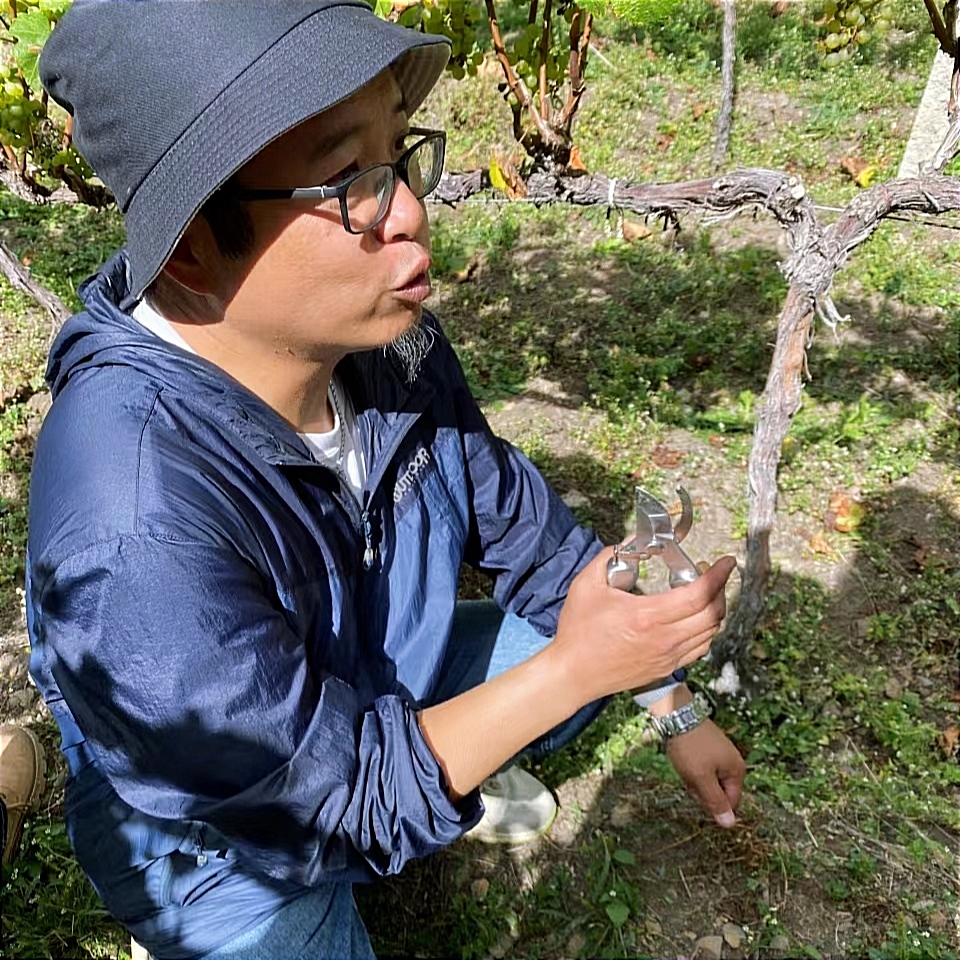
“I set up my winery, at an altitude at 2880 meters, at the site of the vineyard. Getting grapes is not tough but getting materials, such as bottles, is still expensive given the distance and logistics. In terms of the fruit, the yield is lower and the quality is higher and cleaner compared to Ningxia.”
– Martin Ding, Hanzang Winery (full Q&8)

“[A] niche market in China is never a small market. There are plenty of premium Champagne and sparkling wine lovers in big cities. And because of the popularity of pét-nat and low-alcohol sparkling wine, we can predict the young market will be satisfied.”
– Stanley Yip, DEVO Winery (full Q&8)
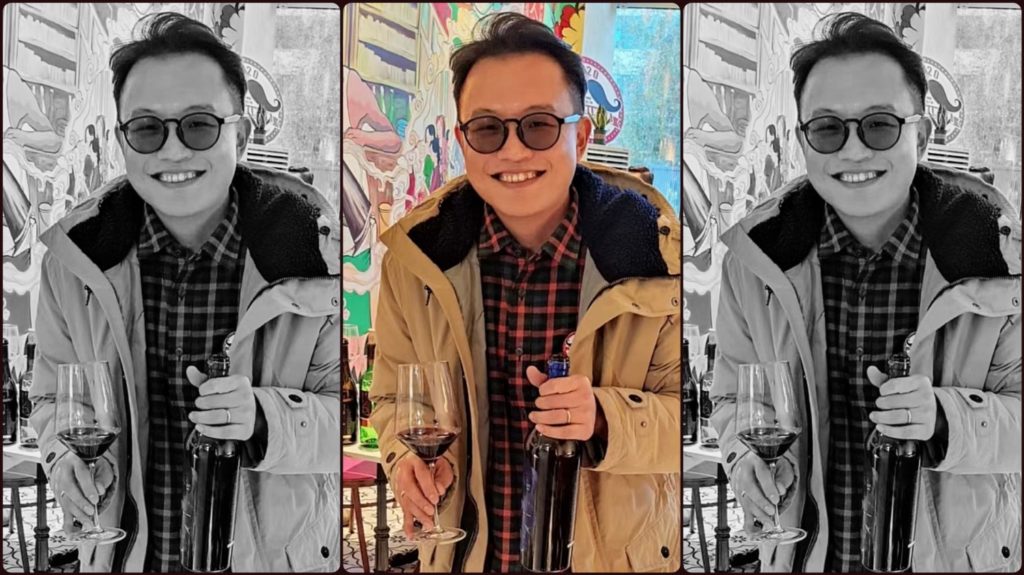
“… instead of harvesting in August with a small yield, why not harvest in September with a bigger yield as well as more maturation time?
“Bigger yields can lower costs per bottle, which can mean more competitiveness, including internationally, in terms of quality and value.
“Also, why base Ningxia yield practices on Old World traditions, particularly those from France, when our so-called “terroir” is different? Why look to places such as Bordeaux or Napa for guidelines instead of creating ones that work best for China?”
– Lee Yeanyean, Grace Vineyard (full Q&8)
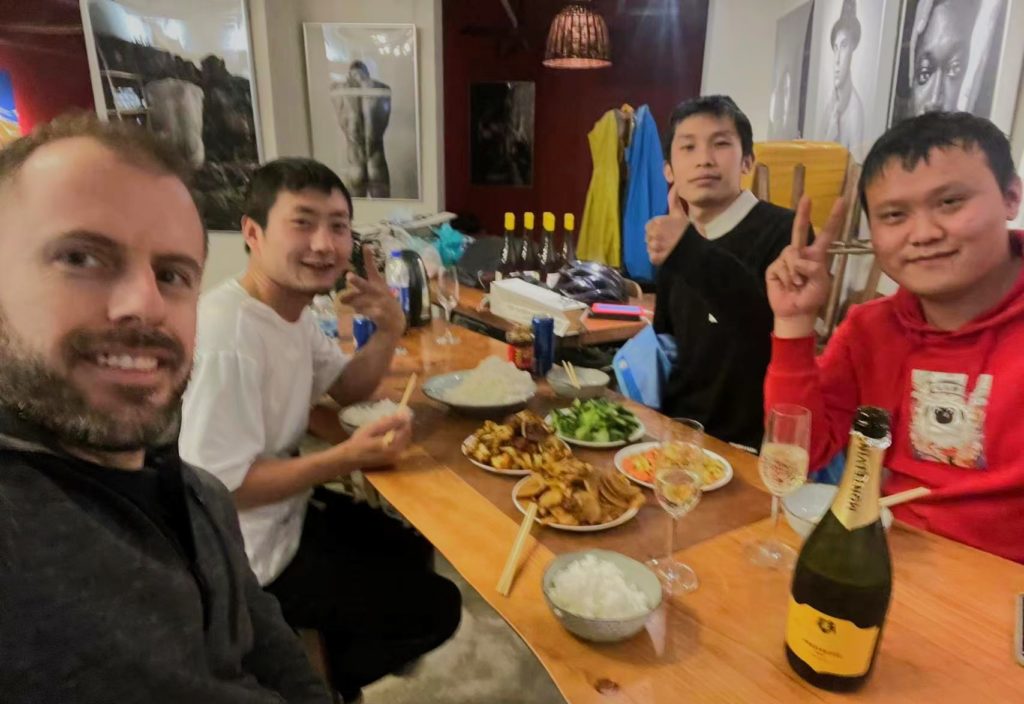
“Last year was extraordinary because, after two weeks of strict lockdown in Shanghai, I had the opportunity to leave my compound by signing a letter that forfeited my right to return home any time soon.
“I took my pillow, blanket and air fryer, and moved to my [wine] shop, where I lived for almost two months. I also made a deal with three delivery guys who were living in the streets to stay with me there.
– Mariano Larrain, La Cava de Laoma (full Q&8)
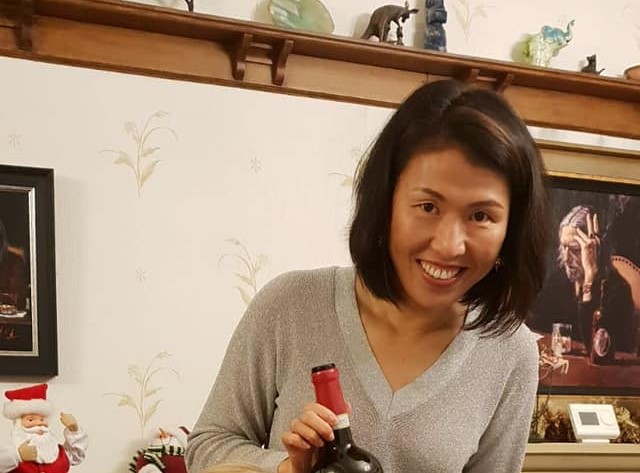
“The on-trade market of East China was booming. Hotels and restaurants were looking for something different for their wine lists. I was inspired to try and develop a distribution business focusing on niche, boutique and family-owned wineries.
“I was 29, young, dynamic, naive and had no fear at that time, believing I had enough knowledge and contacts.”
– Shirley Tan, East Meets West Founder (full Q&8)
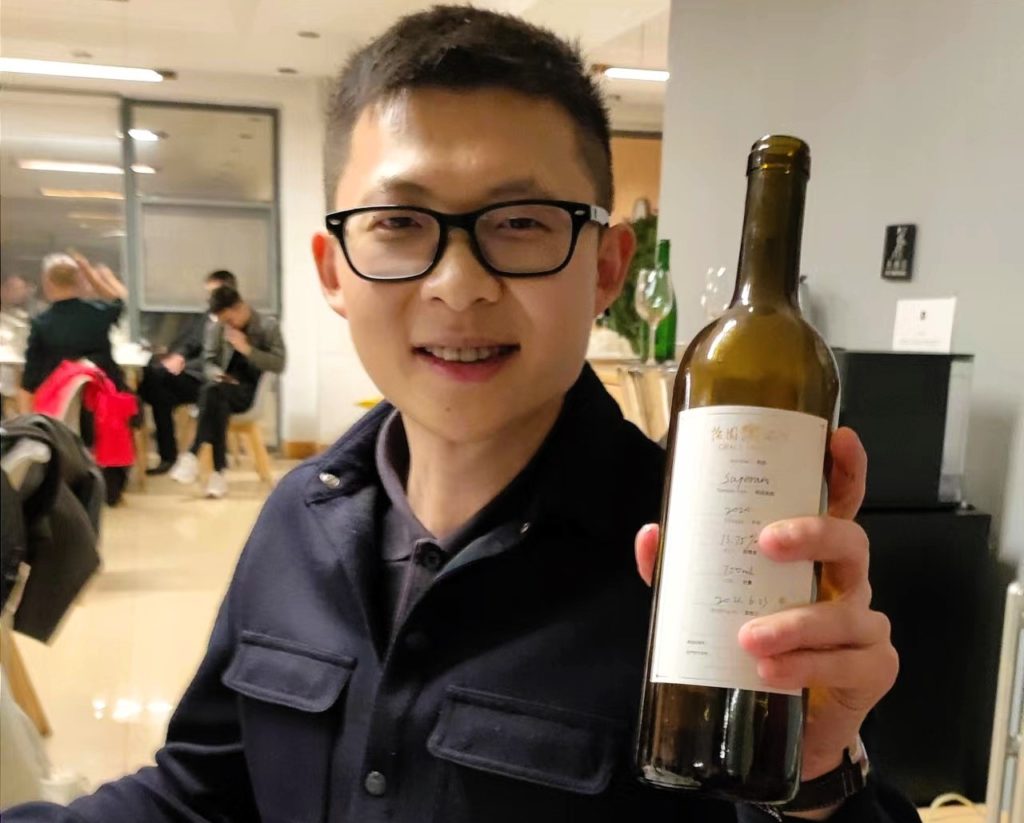
“Marselan is good for consumers, especially for people being introduced to wine. It is easy to make and easy to understand, it is giving and delicious.
“It also carries a terroir message. Ningxia Marselan is definitely richer and more concentrated, jammier and floral, with even a purple sweet potato character. Hebei and Shanxi have some richness, but elegance, too, and are easy to enjoy. And Shandong is even more elegant.
“New wine consumers often start with richness, unless they have very refined tastes. Marselan makes such wines and at an affordable price. It’s a safe bet.”
– Zekun Shuai, jamessuckling.com (full Q&8)
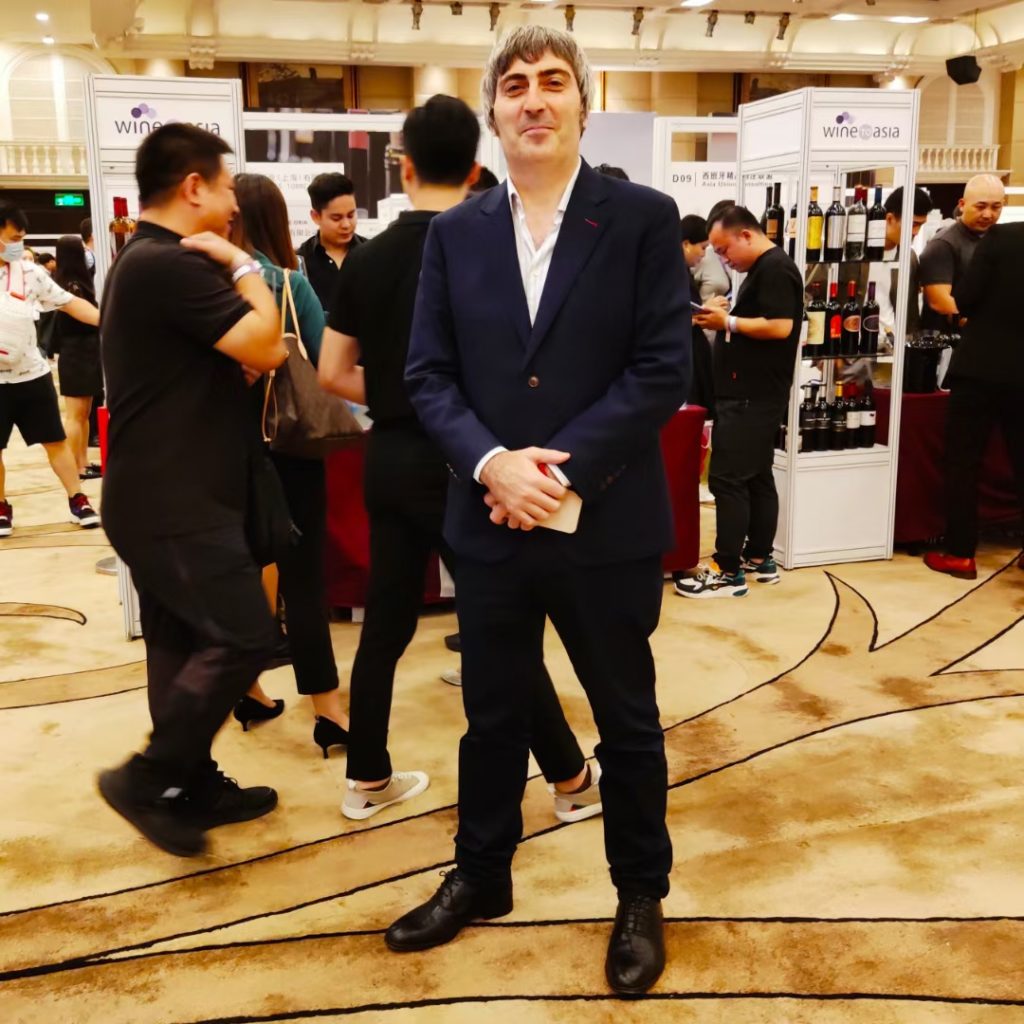
“This event is a kind of week-long celebration of Italian wine. It is for those who love Italian food and wine, or who are curious about them, and gives consumers many ways to indulge.
“The usual focus on ‘masterclasses’ or structured tastings gives way to the simple joy of visiting a bistro or restaurant to enjoy a red, white or sparkling wine by the glass. Or a special wine pairing with food. Or just a bottle of Italian wine with friends.”
“It’s a simple message to go out and have fun.”
– Simone Incontro, Veronafiere (full Q&8)
You can find all of the Q&8s here. Many thanks to all those who shared their insights during the past year. And here’s to more deep thoughts in Year of the Dragon!
Sign up for the Grape Wall newsletter here. Follow Grape Wall on LinkedIn, Instagram, Facebook and Twitter. And see my sibling sites World Marselan Day, World Baijiu Day and Beijing Boyce. Grape Wall has no advertisers, so if you find the content useful, please help cover the costs via PayPal, WeChat or Alipay. Contact Grape Wall via grapewallofchina (at) gmail.com.
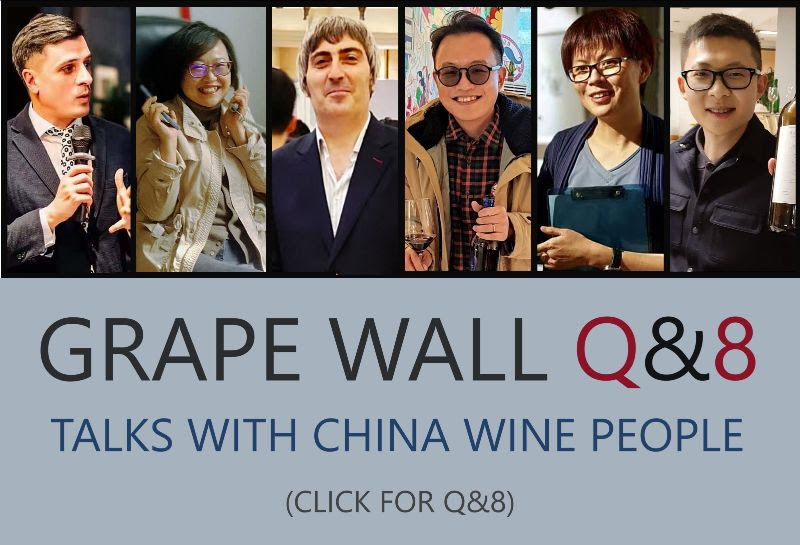
Leave a Reply
You must be logged in to post a comment.